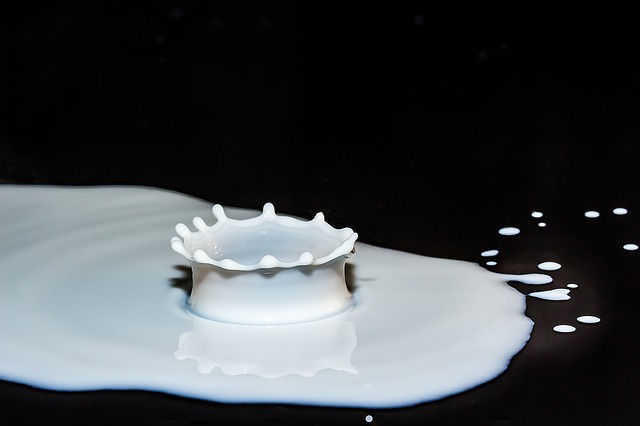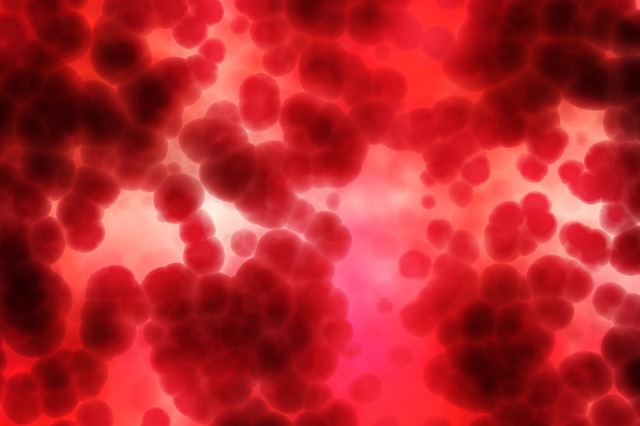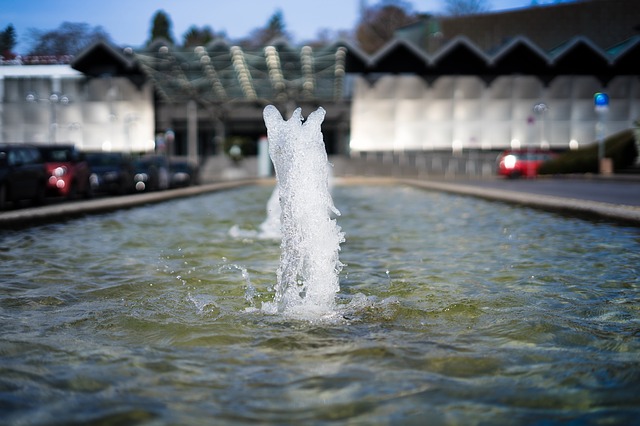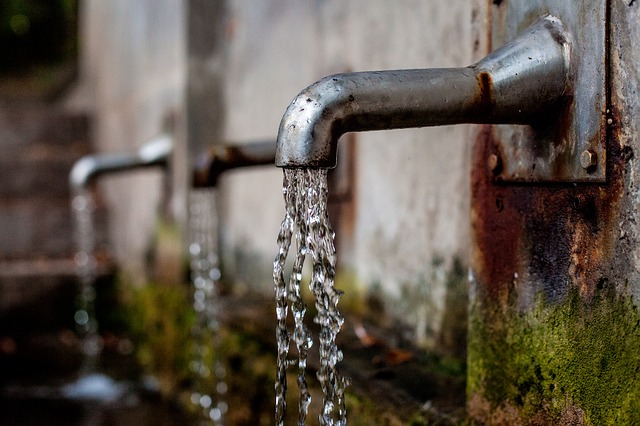Calcium and High Blood Pressure Explained

The link between calcium and high blood pressure is not a yesterday interest. It's been considered for half a century. Calcium is indeed beneficial in managing high blood pressure as well as in preventing the development of hypertension in people currently living with normal blood pressure numbers. Put simply, increase calcium and blood pressure reduces, restrict calcium in your diet and blood pressure goes up. This is scientifically confirmed as the rest of this article shall explain.
Researchers are interested in high blood pressure associations as part of an ongoing accumulation of a body of knowledge seeking a better understanding of hypertension. One such association, for example, is the link between hemoglobin and high blood pressure. The more associations that can be established and understood the better doctors could reduce both high blood pressure mortality and morbidity i.e occurrence. This is because hypertension is the leading cause of many cardiovascular diseases (CVD).
In one study, researchers sat down to analyze information sourced from 16 clinical trials involving no less than 3000 individuals. In their analysis, the investigators established that an increase in the intake of calcium had a positive impact on both systolic blood pressure (SPB) and diastolic blood pressure (DBP) readings. Blood pressure reduced by 1.43 mmHg (SPB) and 0.98 mmHg (DBP) respectively. Furthermore, doses of up to 1500mg per day of calcium reduced systolic blood pressure by some 2.79 mmHg.
While the intake of calcium reduced blood pressure in both men and women of ages between 11 and 82 years old, the reduction was more pronounced in those below 35 years of age. The effect of calcium in those above the age of 35 years was rather subdued. Systolic blood pressure values in those less than 35 years went down by some 2.11 mmHg compared by only 0.96 mmHg in individuals above 35 years of age.
Results from this analysis strongly point to the relationship between calcium and high blood pressure being stronger in people of a younger age. The analysis did not bring up any reported side effects associated with the intake of calcium which was through supplementation or food fortification. Overall, despite to different degrees, the analysis by the researchers confirmed the positive effect of a calcium reach diet on blood pressure.

How Exactly Does Calcium and High Blood Pressure interact?
The question how does calcium reduce blood pressure is a fair one to ask. The answer, however, is that the exact biological mechanism explaining the link between calcium and blood high pressure is yet to be fully understood. This is an area still open to further study suffice to say there are many prepositions "out there" among researchers within the medical community.
One such proposal is that of calcium metabolism in vascular smooth muscle. The vascular smooth muscle is a special type of muscle found within blood vessels. Others have raised the possibility of hormonal effects of dietary calcium. Calcium has also been thought to have a role in the regulation of the sympathetic nervous system which itself plays an important role in the regulation of blood pressure.

Hard Water and High Blood Pressure
If there is any benefit at all to be derived from the link between calcium and blood high pressure, it follows that hard water is an essential dietary intake. This is confirmed by what doctors began to see some years ago among communities that consumed hard water. Lower incidences of high blood pressure were reported. Taking 800 mg per day of calcium was shown to reduce the risk of high blood pressure by some staggering 23 per cent. This was in comparison with persons taking less than 400 mg of calcium per day.
Hard water has important mineral content namely calcium and magnesium. Hard water gains calcium and magnesium mineral content as it percolates through limestone and chalk underground deposits which themselves are largely made up of calcium and magnesium.
The hard water question led to a World Health Organization (WHO) gathering of experts in January of 2008 in Geneva, Switzerland. The gathering recognized the importance of hard water and was convening to lay the groundwork to investigate and confirm the role of hard water in preventing cardiovascular diseases (CVD). Hard water and high blood pressure would naturally feature in the research considering that high blood pressure is the leading cause of CVD.
While there is a scientifically known relationship between calcium and high blood pressure, not all individuals respond to calcium. In fact this has been shown to be the case in African-American individuals, people suffering from Type II diabetes, pregnant women, salt sensitive people and the elderly among others.
Overall hard water has been should to carry benefits for high blood pressure and cardiovascular diseases due to its calcium content which is beneficial to blood pressure.

|
|
Alcohol and Blood Pressure |
Return to Hypertension Medications from Calcium and High Blood Pressure
Return to Hypertension Home Page from Calcium and Blood Pressure
Disclaimer
Information contained on this website is not meant to replace your doctor's advice.
(c) All Rights Reserved. 2010-2018

The following is a list of some foods that are natural sources of calcium. For cholesterol health, it is recommended to avoid high fat dairy products even when they may be good sources of calcium
- Cheese
- Broccoli
- Spinach
- Sardines with bones
- Okra
- Almonds
- Kale
- Bok Choy
- Oranges
- White beans

We have explained in our article the benefits of hard water on high blood pressure. The reality of the matter is that most urban homes are connected to soft water supplies. Some even use water softening technology installed in kitchens. While obviously missing out on the benefits of calcium rich hard water, there are reasons why soft water is a natural choice for many. Soft water is treated and stripped of its mineral content. Soft water produces cleaner clothes and preserves electrical equipment such as electric water heaters. Households love it for this.

In the human body, the bulk of calcium is stored in the bones and teeth (99%). Your heart is a muscle and muscles use calcium to function. 200 to 700 mg per day is the amount of calcium required in babies. Older individuals need 1000mg to 1300 mg of calcium per day. The following are some of the symptoms associated with calcium deficiency
- depression
- hallucinations
- muscle cramps
- brittle and weak bones
- fatigue
- retarded growth and development in children

